American Democracy Now - Chapter 4
1/27
There's no tags or description
Looks like no tags are added yet.
Name | Mastery | Learn | Test | Matching | Spaced |
|---|
No study sessions yet.
28 Terms
civil liberties
Constitutionally established guarantees that protect citizens, opinions, and property against arbitrary government interference.
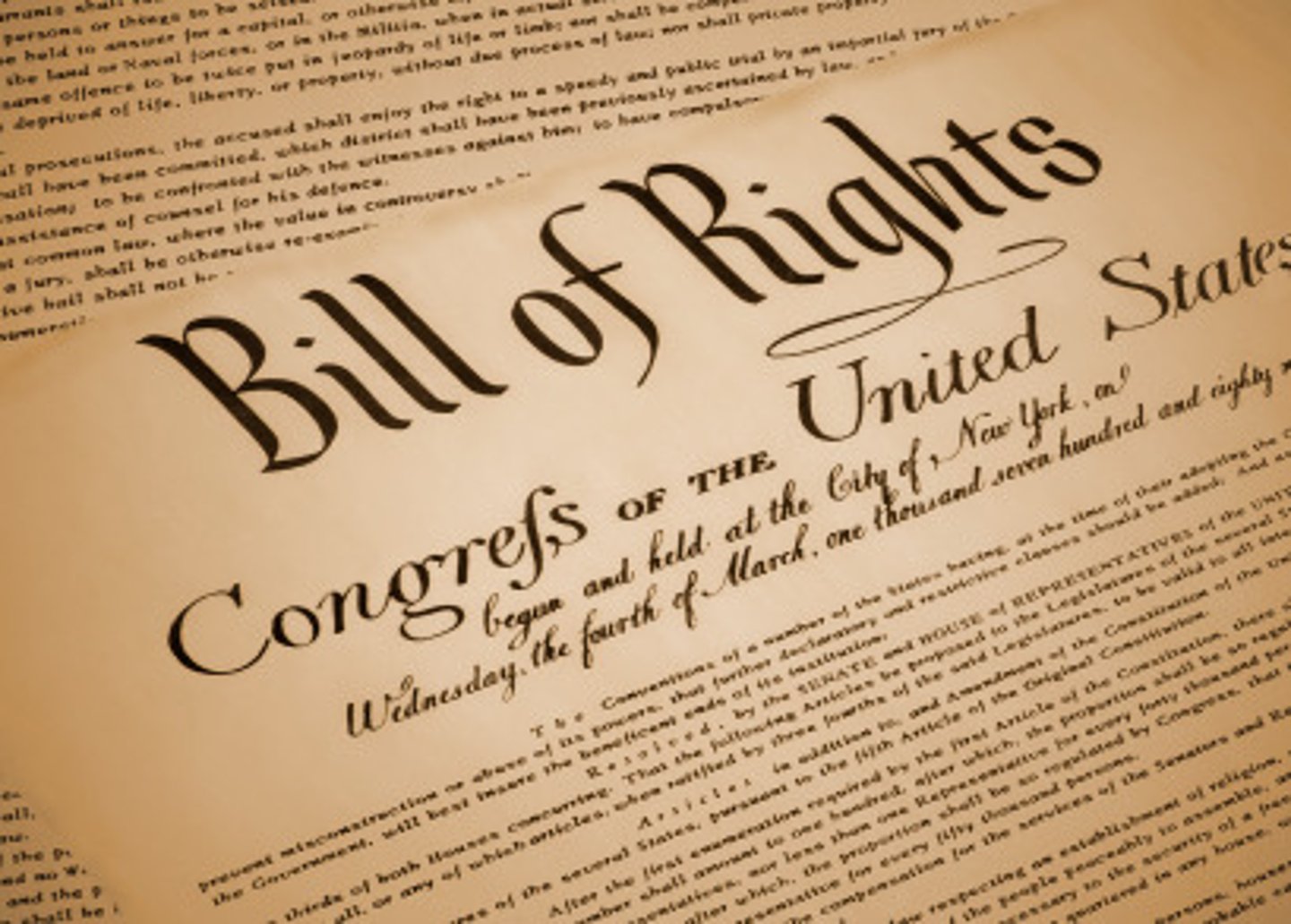
due process
Legal safeguards that prevent the government from arbitrarily depriving citizens of life, liberty, or property; guaranteed by the Fifth and Fourteenth amendments.
total incorporation
The theory that the Fourteenth Amendment's due process clause requires the states to uphold all freedoms in the Bill of Rights; rejected by the Supreme Court in favor of selective incorporation.
selective incorporation
The process by which, over time, the Supreme Court applied those freedoms that served some fundamental principles of liberty or justice to the states, thus rejecting total incorporation.
marketplace of ideas
A concept at the core of the freedoms of expression and press, based on the belief that true and free political discourse depends on a free and unrestrained discussion of ideas.
habeas corpus
An ancient right that protects an individual in custody from being held without the right to be heard in a court of law.
clear and present danger test
A standard established in the 1919 Supreme Court case Schenck v. U.S. whereby the government may silence speech or expression when there is a clear and present danger that such speech will bring about some harm that the government has the power to prevent.
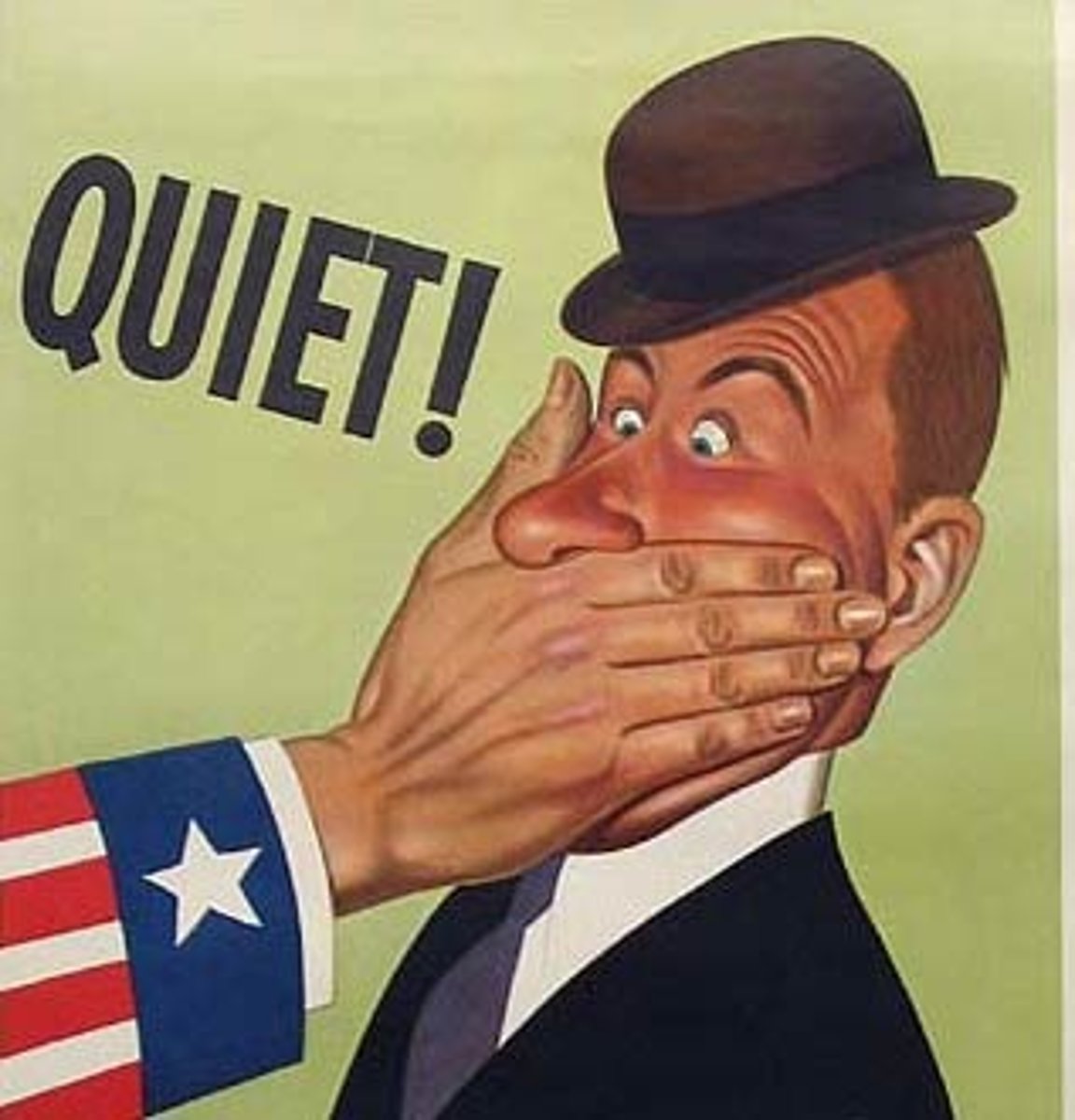
bad tendency test
A standard extended in the 1925 case of Gitlow v. New York whereby any speech that has the tendency to incite crime or disturb the public peace can be silenced.
clear and probable danger test
A standard established in the 1951 case of Dennis v. U.S. whereby the government could suppress speech to avoid grave danger, even if the probability of the dangerous result was relatively remote; replaced by the imminent lawless action (incitement) test in 1969.
symbolic speech
Nonverbal "speech" in the form of an action such as picketing, flag burning, or wearing an armband to signify a protest.

commercial speech
Advertising statements that describe products.
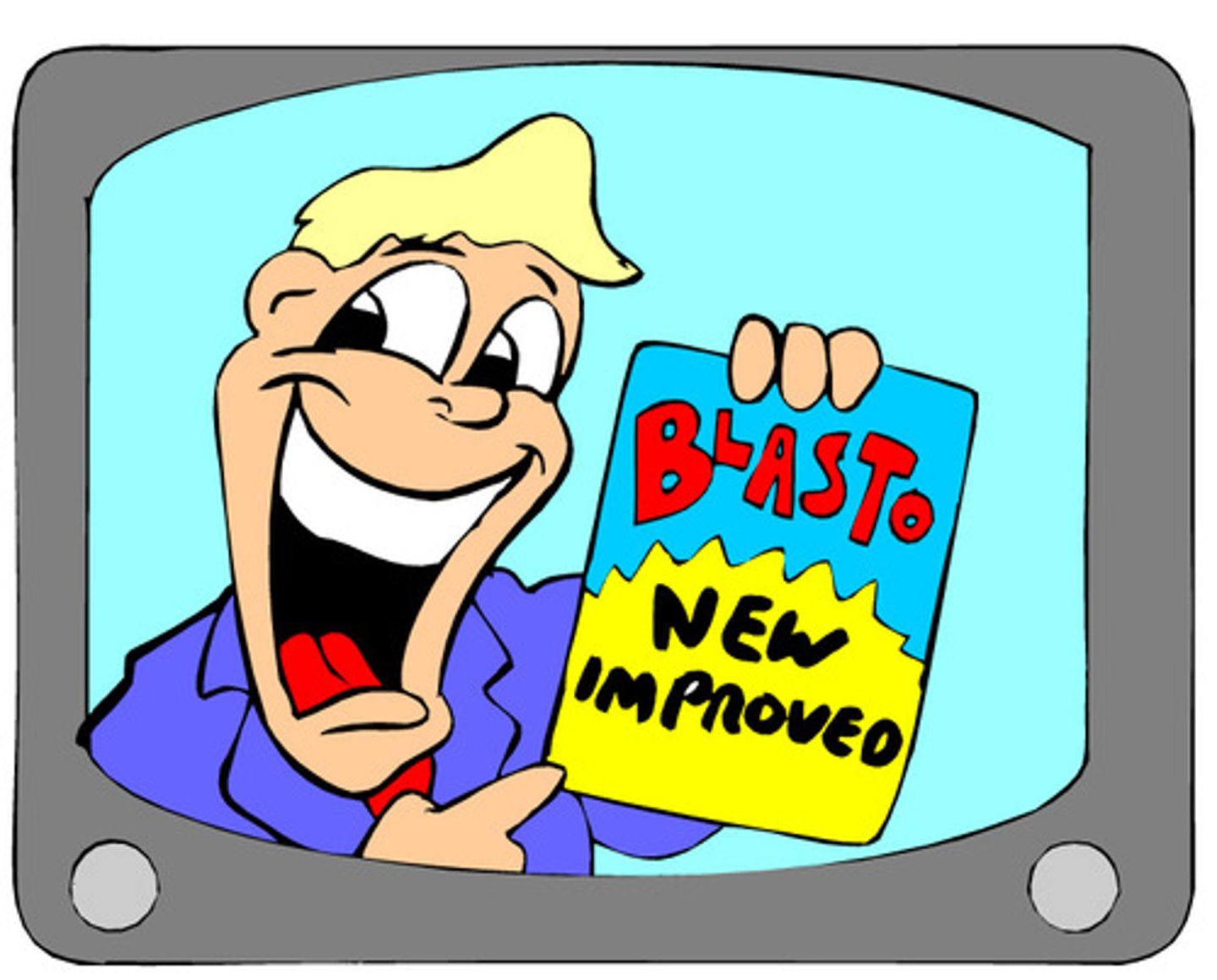
libel
False written statements about others that harm their reputation.
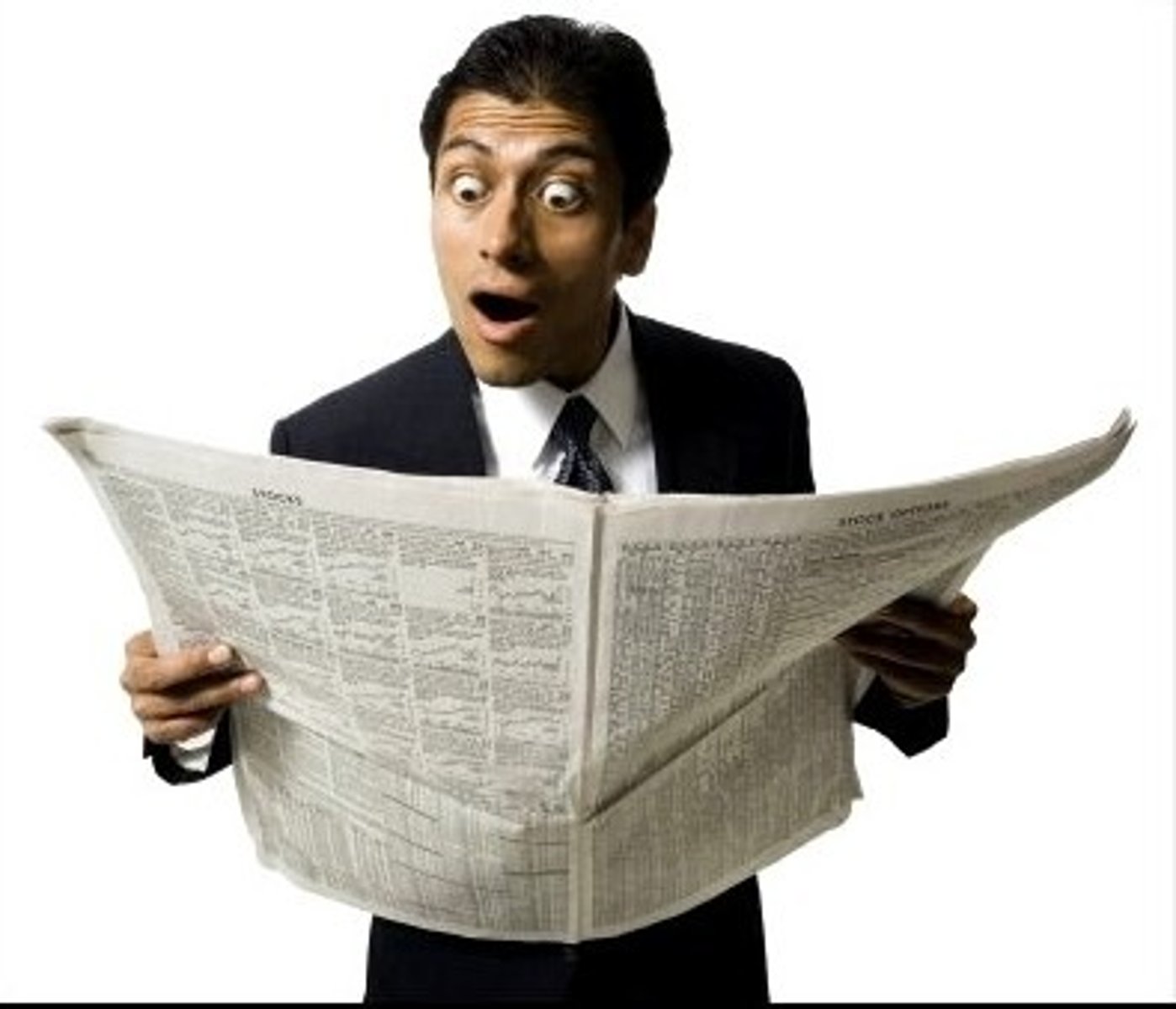
slander
False verbal statements about others that harm their reputation.
obscenity
Indecent or offensive speech or expression.
fighting words
Speech that is likely to bring about public disorder or chaos; the Supreme Court has defined that such speech may be banned in public places to ensure the preservation of public order.
time, place, and manner restrictions
Regulations regarding when, where, or how expression may occur; must be content neutral.
prior restraint
A form of censorship by the government whereby it blocks the publication of news stories viewed as libelous or harmful.

establishment clause
First Amendment clause that bars the government from passing any law "respecting an establishment or religion;" often interpreted as a separation of church and state.
Lemon test
A three-part test established by the Supreme Court in the 1971 case Lemon v. Kurtzman to determine whether government aid to parochial schools is constitutional. Ultimately, the conclusion was whether or not the purpose was to educate in a secular manner or does it have the purpose to make them good christians.
intelligent design
Theory that the apparent design in the universe and in living things is the product of an intelligent cause rather than the product of an undirected process such as natural selection; its primary proponents believe that the designer is God and seek to redefine science to accept supernatural explanations.
creationism
Theory of the creation of the Earth and humankind based on a literal interpretation of the biblical story of genesis.
free exercise clause
First Amendment clause prohibiting the government from enacting laws prohibiting an individual's practice of his or her religion; often in contention with the establishment clause.
right to privacy
This is the right of an individual to be left alone and to make decisions freely, without the interference of others.
criminal due process rights
Safeguards for those accused of crime; these rights constrain government conduct in investigating crimes, trying cases, and punishing offenders.
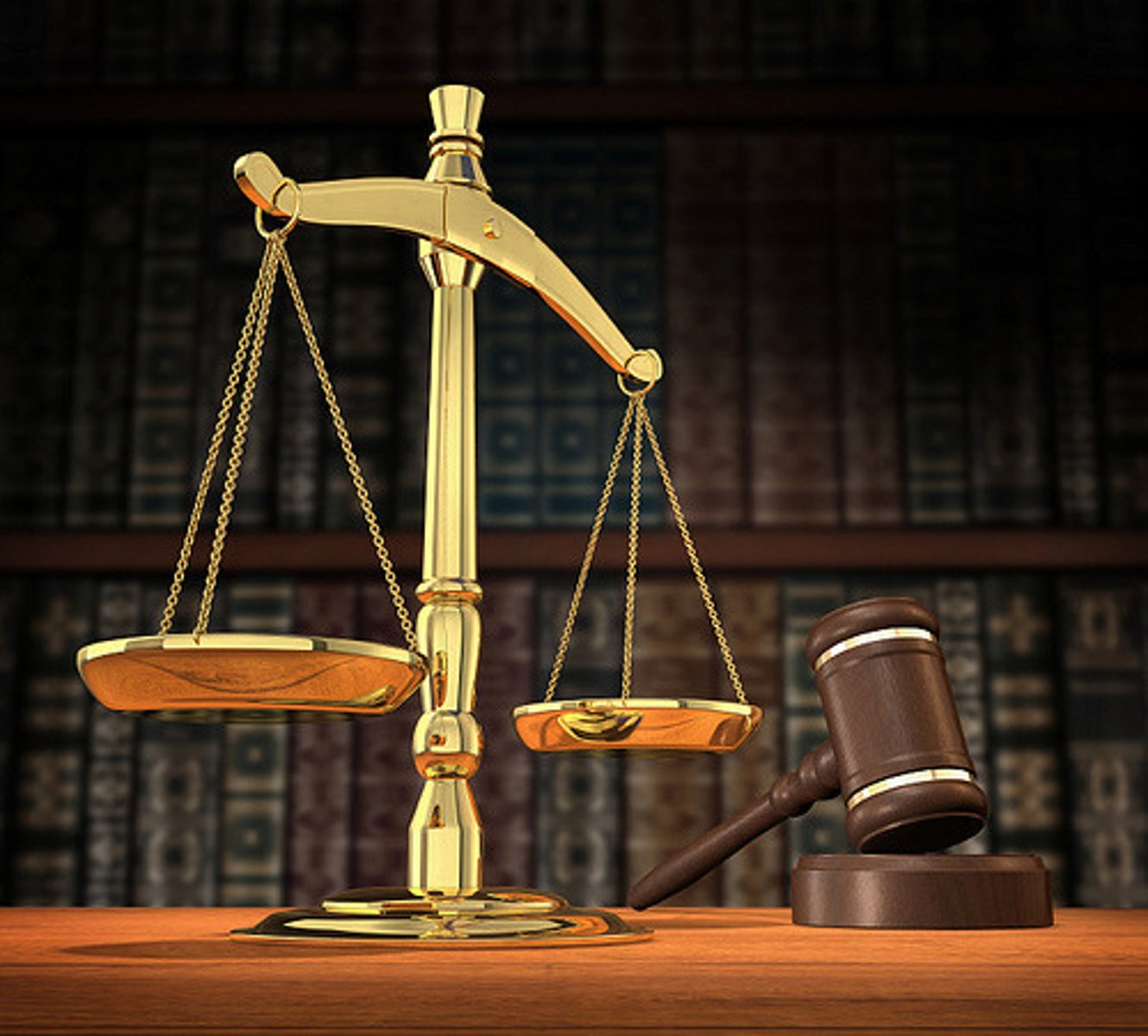
exclusionary rule
Criminal procedural rule stating that evidence obtained illegally cannot be used in a trial.
double jeopardy
The trying of a person again for the same crime that he or she has been cleared of in court; barred by the Fifth Amendment.
Miranda rights
Criminal procedural rule, established in the Miranda v Arizona case, requiring police to inform criminal suspects, on their arrest, of their legal rights, such as the right to remain silent and the right to counsel; these warning must be read prior to custodial interrogation.
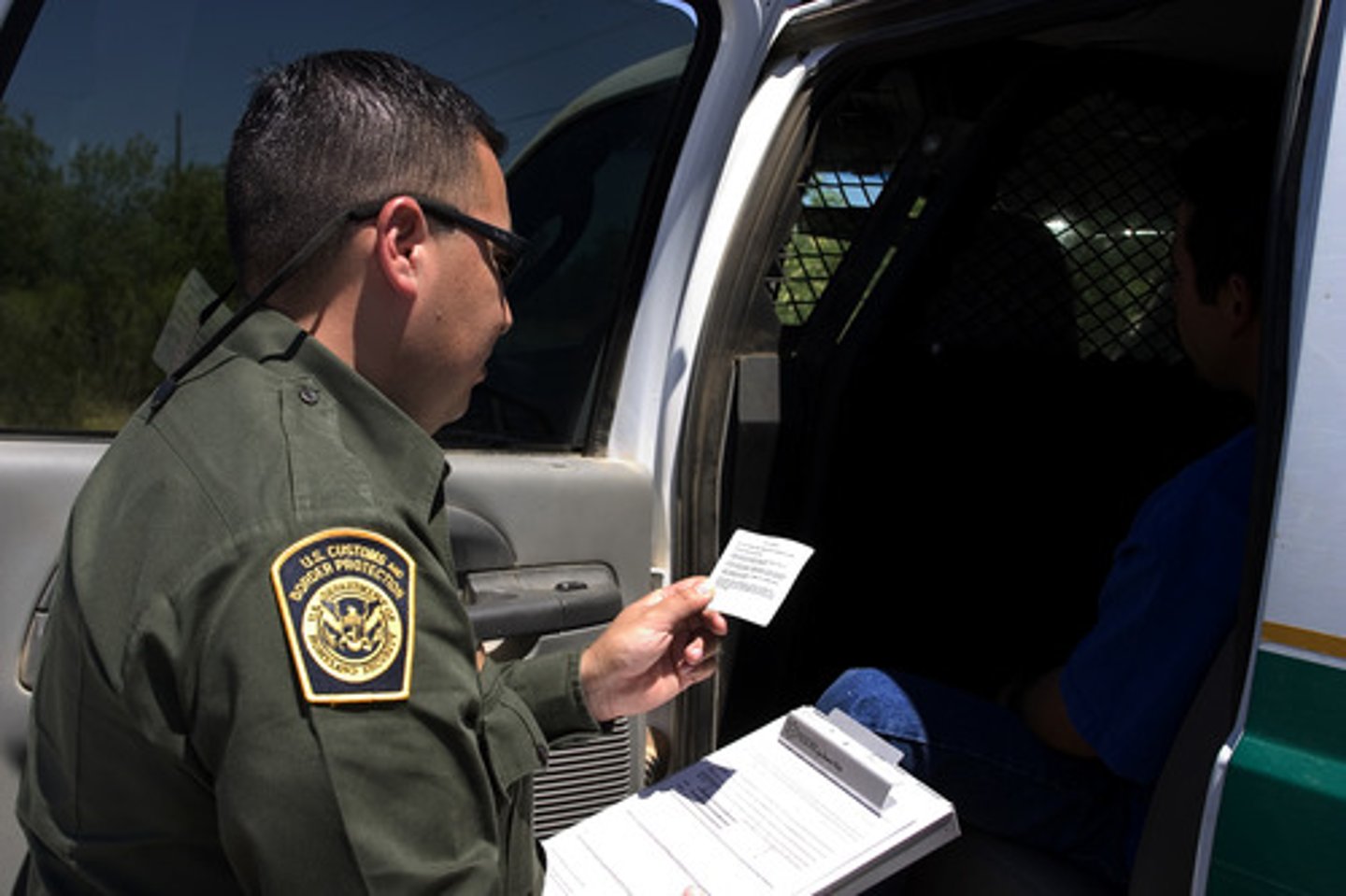
rendition
Transfer of suspected terrorists to other nations for imprisonment and interrogation; this practice circumvents U.S. law, which requires due process and prohibits torture.